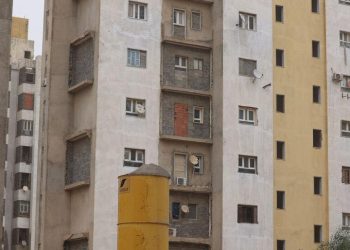By Jamie Prentis.
Tunis, 14 January 2017:
Outgoing US President Barack Obama has extended the US emergency in respect to Libya beyond 25 February, more than a month after Donald Trump takes over the White House. The move gives his successor a range of special powers including sanctions, although Trump can suspend them if he wishes.
In a letter to the Speaker of the US House of Representatives and the President of the Senate dated yesterday, Obama noted that the Tripoli-based government of national accord (GNA), set up by what he says was “the Libyan-led and UN-facilitated Libyan Political Dialogue” had tried to consolidate its position.
But it “continues to face obstacles from spoilers and hardliners”.
In particular, recent clashes between militias “highlight the continued threat of violence in Libya and the potential for renewed fighting over the country’s resources, and we run the risk of further destabilisation if sanctions do not remain in effect”.
He also criticised attempts by the Tobruk-based House of Representatives (HoR) to undermine with the GNA.
“The House of Representatives in eastern Libya, which the Libyan Political Agreement (LPA) stipulates should function as the GNA’s legislature, continues its attempts to compete with, rather than work with, the GNA,” he wrote.
“We will continue to work with the international community to identify those individuals that pose a threat to Libya’s democratic transition and ensure that the appropriate sanctions remain in place,” Obama added in his letter.
He further stated the situation in Libya continued to pose a threat to US national security and action was similarly needed to “protect against the diversion of assets or other abuse by certain members of Qaddafi’s family and other regime officials”.
The US president did note the success of GNA-aligned forces, backed by American airstrikes, in ousting the so-called Islamic State from Sirte. However, he cautioned that remnants of the group continued to pose a threat to Libya’s stability as well as US interests.
The US national emergency in relation to Libya was first announced by Executive Order on 25 February 2011 and, under the National Emergencies Act, each declaration must be renewed each year.
The original sanctions were enacted against Qaddafi and his administration when they took extreme measures against protestors during the 2011 revolution. It was also feared in Washington that the regime would defraud state assets, and that the instability would pose a serous threat to US national security.








